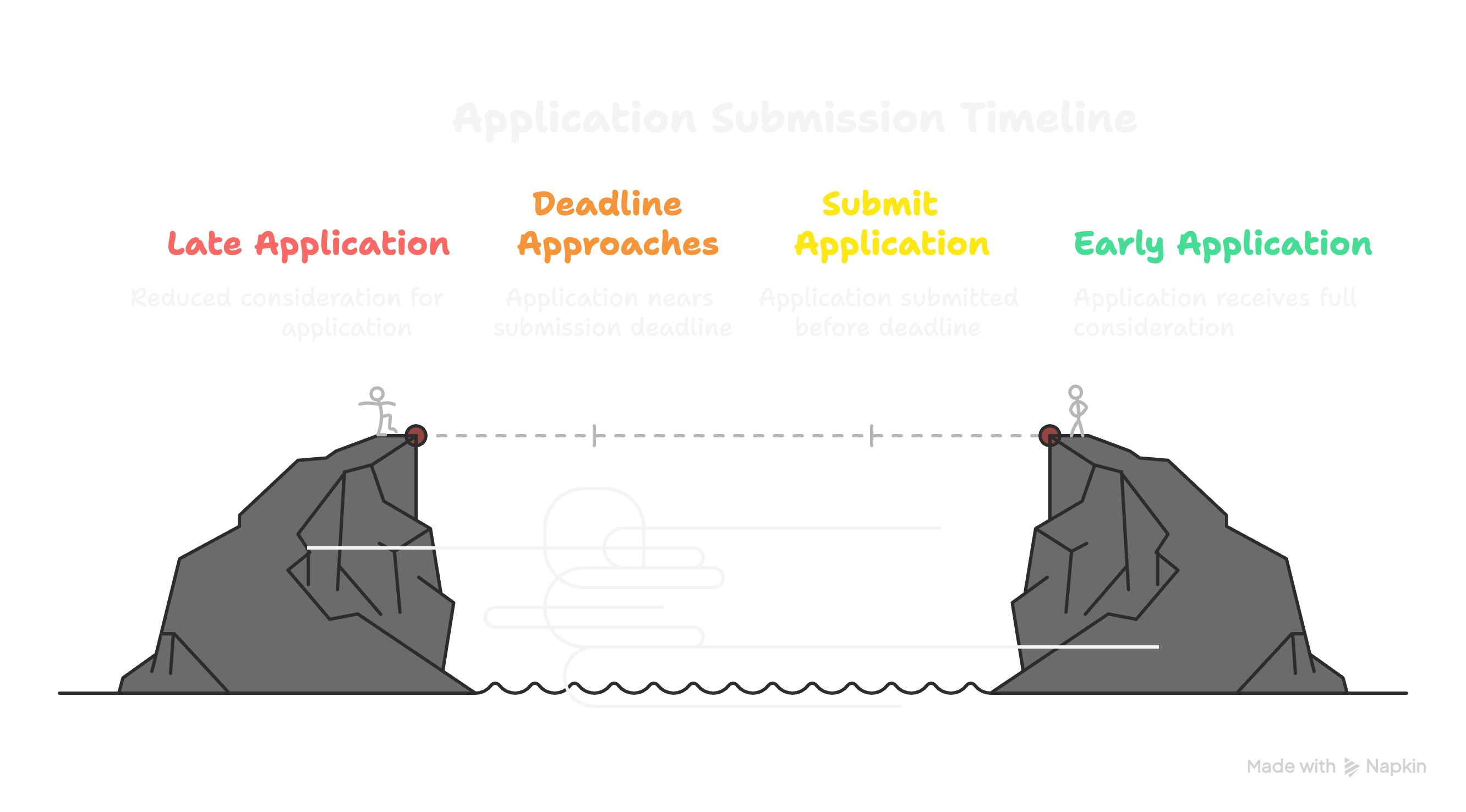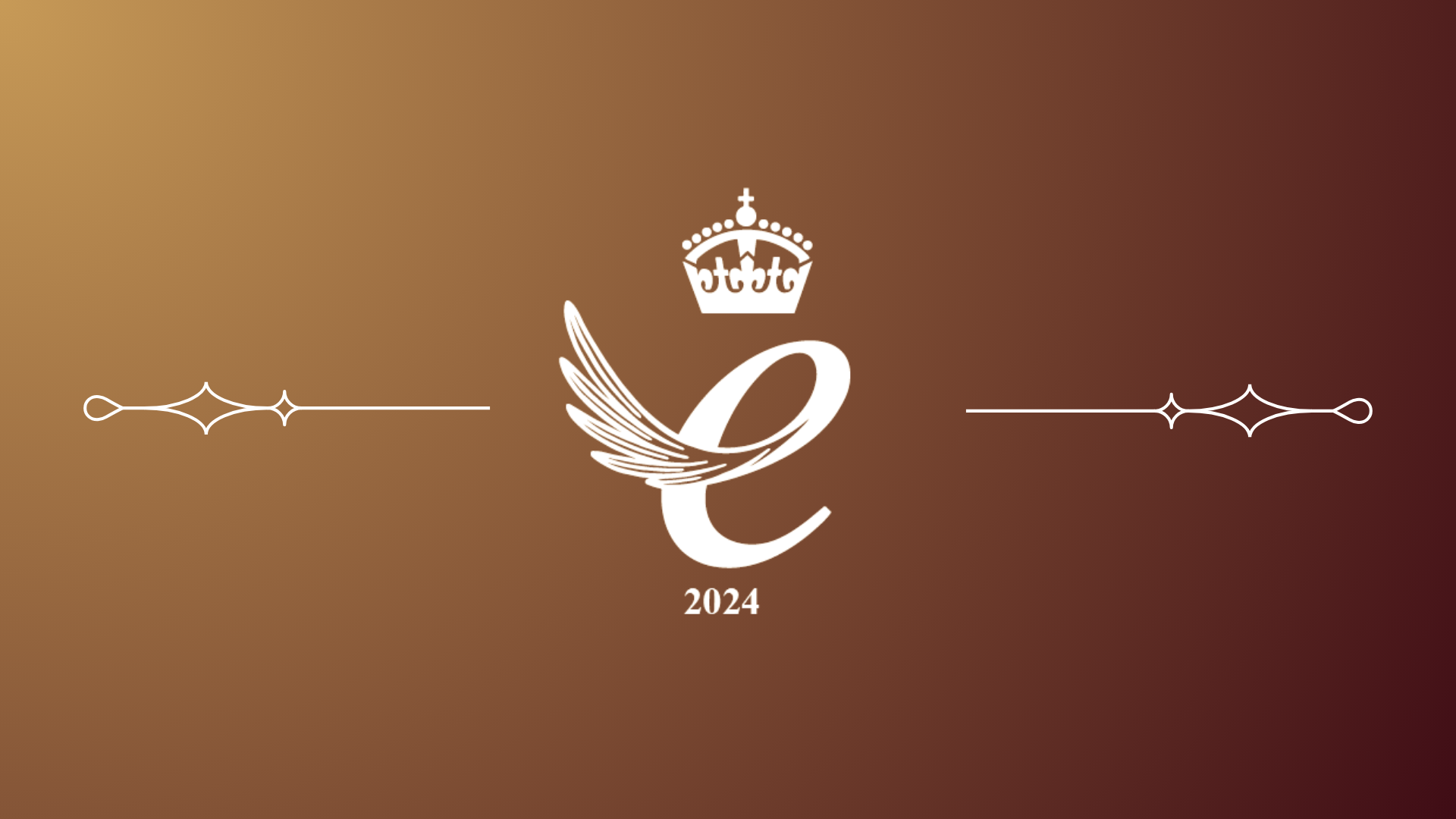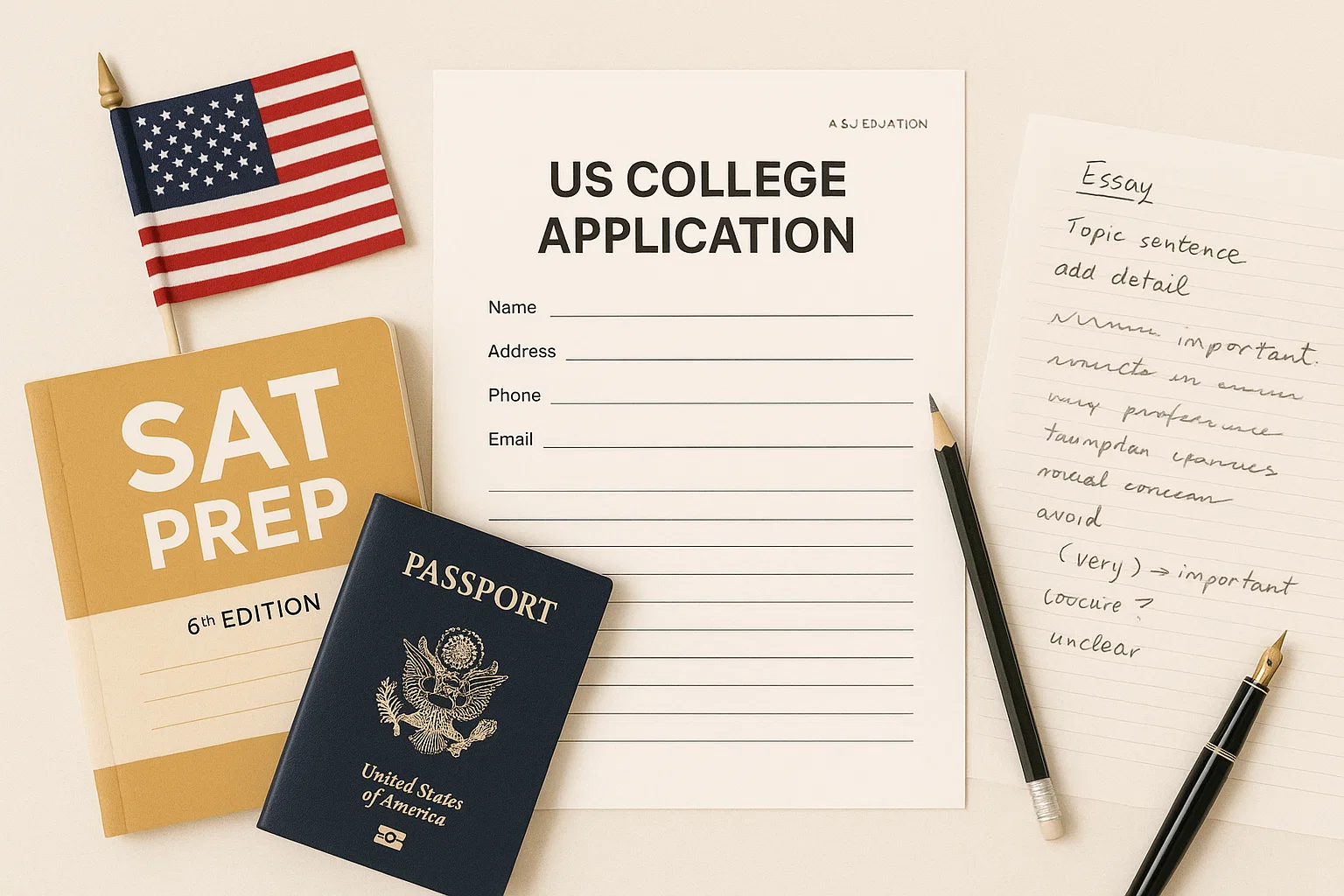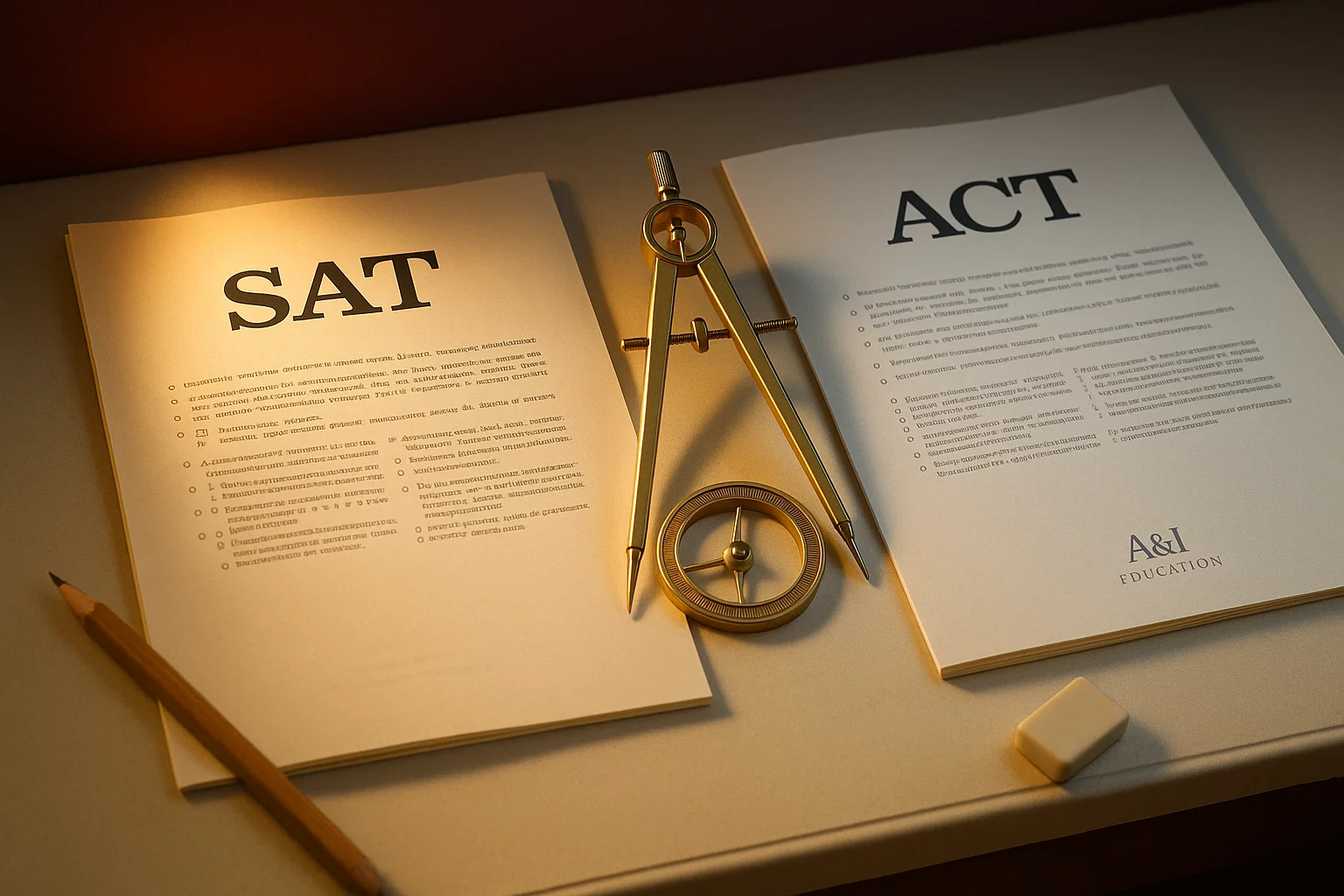
Understanding UCAS
Understanding UCAS: A Parent's Guide to University Applications in the UK
As your child considers their higher education journey in the UK, you'll likely encounter the term UCAS. This guide is designed to help parents understand what UCAS is, what services it provides, and how it fits into the university application process.
What is UCAS?
UCAS stands for the Universities and Colleges Admissions Service. It is an independent charity and a private limited company based in Cheltenham, England. Its primary purpose is to act as the UK's shared admissions service for higher education. This means that for most full-time undergraduate courses in the UK, students must apply through UCAS.
Beyond simply processing applications, UCAS offers a wealth of information and support. It provides:
- Guidance on course choices, student life, finances, and accommodation.
- Online application portals and search tools.
- Advice specifically tailored for various audiences, including students, parents, school staff, and universities.
- Dedicated services for UK conservatoires (performing arts institutions) and information for international applicants.
How Does the UCAS Application Process Work?
The journey through UCAS typically involves several key steps:
- Registering with UCAS: This is free and grants your child access to their UCAS Hub. The Hub is an online portal where they can explore study options, research universities, and later, track the progress of their applications.
- Making Course Choices: Your child can choose up to five courses through their UCAS application. These can be at the same university or spread across different institutions. It's important to know that the order of these choices on the application does not matter, and their choices remain anonymous to universities until they decide to reply to offers. Encouraging your child to visit university course webpages and attend Open Days (either in-person or virtual tours) is highly recommended for thorough research.
- Completing the Application Steps: Once choices are made, there are three more crucial steps before submission:
- Write a personal statement: This is a vital part of the application, allowing your child to showcase their skills, experiences, and explain their motivation for wanting to study their chosen course. For those applying for 2025 entry, it's one essay, up to 4,000 characters (including spaces) or 47 lines. For 2026 entry onwards, it's a new format with three distinct sections, still within the 4,000-character limit. This statement should cover why they want to study the course, how their qualifications have prepared them, and what outside experiences (work, volunteering, hobbies) are relevant.
- Add a reference: This must come from someone who knows your child and their academic work well, typically a teacher or school adviser, and cannot be a family member.
- Pay the application fee: For 2025 entry, the fee is £28.50 for up to five course choices. Students who have received UK government-funded free school meals within the last six years may be eligible for a fee waiver.
Important Dates and Deadlines
UCAS has several key deadlines, which vary by course and university:
- 15 October (in the year before starting studies): Deadline for Medicine, Dentistry, Veterinary Science, and all courses at the Universities of Oxford and Cambridge.
- Equal Consideration Deadline (ECD): For most other courses, this is Wednesday, 14 January 2026 for September 2026 entry, and Monday, 30 June 2025 for September 2025 entry if not yet applied. Universities are obligated to give equal consideration to applications received by this date.
- Late Applications: Applications can be submitted until Monday, 30 June 2025, but may not receive the same consideration as those submitted earlier. Applications after this date automatically go into Clearing.
- University Reply Deadlines: Universities generally reply by Wednesday, 14 May 2025, for applications submitted by late January, and by Thursday, 17 July 2025, for later applications.
- Applicant Reply Deadlines: If your child receives their last decision by Wednesday, 14 May 2025, they must reply by Thursday, 5 June.
- A-Level Results Day: Typically 14 August.

Understanding UCAS Terminology and Offers
As you navigate the process, you may encounter specific terms:
- UCAS Tariff Points: Many universities display entry requirements in UCAS Tariff points. These are a numerical value assigned to your child's qualifications and grades, which universities use to assess if they meet course requirements.
- Accredited Courses: These courses are officially approved by a professional body, ensuring they meet specific industry standards and prepare students well for employment.
- Joint Honours Degrees: Allow students to study two subjects simultaneously, leading to a single qualification (e.g., History and Politics).
- Common First-Year Courses: Students study alongside others from similar courses, offering broader exposure and sometimes the option to switch to a different, related course.
- Degree with a Foundation Year: An extra year at the start of the course to build essential subject knowledge and study skills, often for those who don't meet direct entry requirements.
- Degree Apprenticeships: Work-based programs that allow students to achieve a qualification while working and getting paid.
Once universities respond, your child may receive different types of offers:
- Unconditional Offer: Congratulations! Your child has been offered a place with no conditions attached. If they accept this, the place is theirs.
- Conditional Offer: Your child is offered a place, but they must meet specific conditions, such as achieving particular grades or providing additional documents.
- Unsuccessful: The course is no longer an option.
- Alternative Offer: If your child doesn't meet conditions for their chosen course, the university might offer them a place on a related course that better fits their profile.
When replying, students usually make a Firm Choice and, if their firm choice is conditional, an Insurance Choice.
- Firm Choice: This is their first preference. If they meet the conditions, they will go to this university.
- Insurance Choice: This is a backup. If they don't meet the conditions for their firm choice, they might still meet the conditions for their insurance choice and secure a place there.
- Be aware of "conditional unconditional" offers, which were previously used by some universities to offer an unconditional place if the student made them their firm choice, but this practice has been discouraged by the UK government.
For some courses, such as creative arts or healthcare, an interview or audition/portfolio showcase may be required. These are opportunities for your child to demonstrate their personality, skills, and enthusiasm for the course.
What Happens After Decisions and Results?
- UCAS Extra: If your child used all five choices but hasn't received any offers, or declined all offers, they can use UCAS Extra. This free service allows them to apply for additional courses, one at a time, until they receive an offer they are happy with. UCAS Extra runs from mid-February to the end of June.
- Confirmation: After examination results (e.g., A-levels) are released, universities will confirm if your child has met the conditions of their offers.
- Clearing: If your child doesn't meet the conditions for their firm and insurance choices, or if they haven't received any offers, Clearing is a service that helps unplaced students find courses with vacancies. Clearing opens in early July and remains open until October.
- Adjustment: This service, which allowed students who exceeded their firm offer conditions to search for a place at another university while retaining their original offer, was cancelled in 2022 and is no longer available.
How is UCAS Funded?
UCAS operates as a non-profit charity. It generates revenue from three main sources:
- Application fees paid by students.
- Capitation fees paid by universities and colleges for each accepted student.
- Income generated by its wholly-owned subsidiary, UCAS Media Ltd.
UCAS Media is a commercial enterprise that offers services to commercial partners and education providers, including targeted marketing and insights, and displaying career opportunities. The profits from UCAS Media are then fed back into the UCAS charity, which helps to reduce the fees paid by both universities and applicants. While this model supports the charity, UCAS has faced some criticism regarding the nature of certain advertisements it has allowed, such as high-interest commercial loans.
By understanding these aspects of UCAS, you can better support your child through their university application journey in the UK.

At A&J Education, we support students in navigating the UCAS system with clarity, confidence, and strategy. From selecting the right course combinations and structuring your academic history, to crafting a standout personal statement and meeting key deadlines, we ensure that every part of your UCAS application contributes to a strong, coherent academic profile.
We help you identify the best-fit universities based on your interests, strengths, and long-term goals—not just rankings. Our team ensures your choices are realistic yet ambitious, and that your application reflects genuine motivation and academic potential.

With A&J by your side, the UCAS process becomes more than just a form—it becomes a carefully managed opportunity to open doors to some of the world’s most respected institutions.





















.png)

